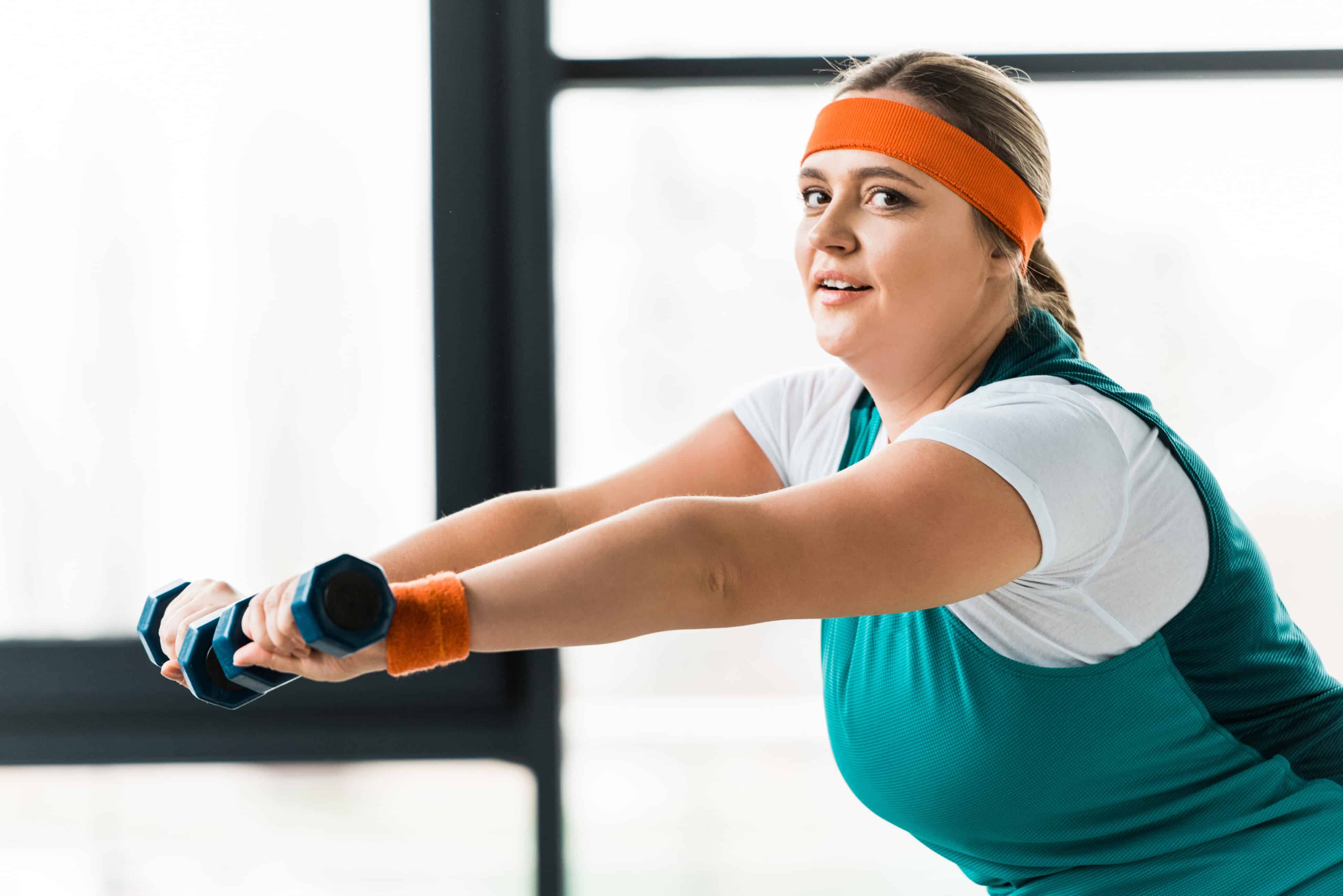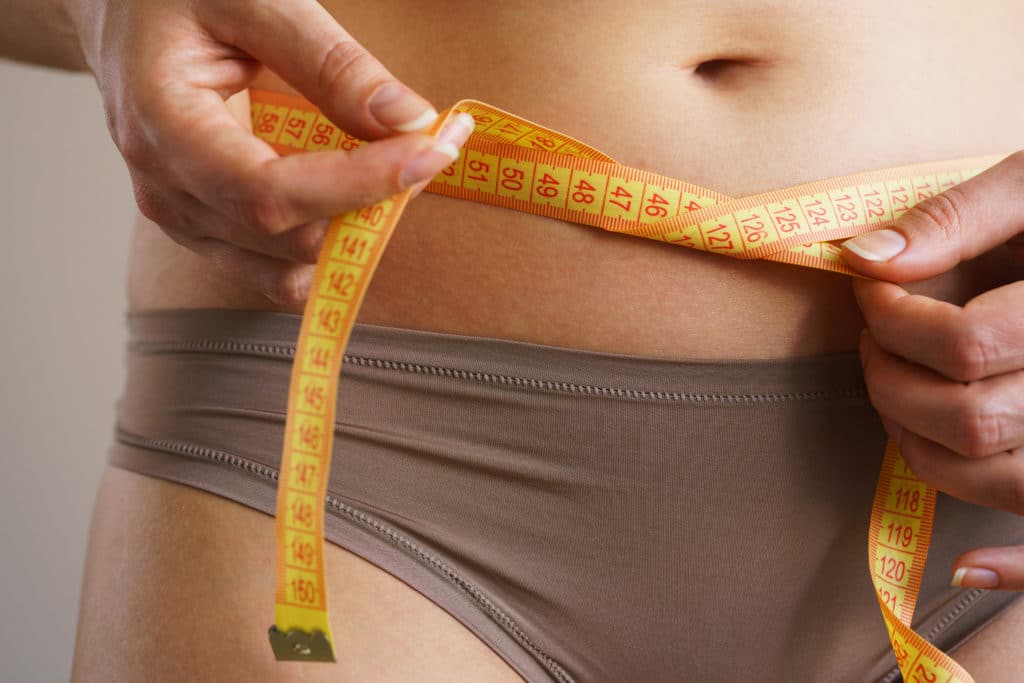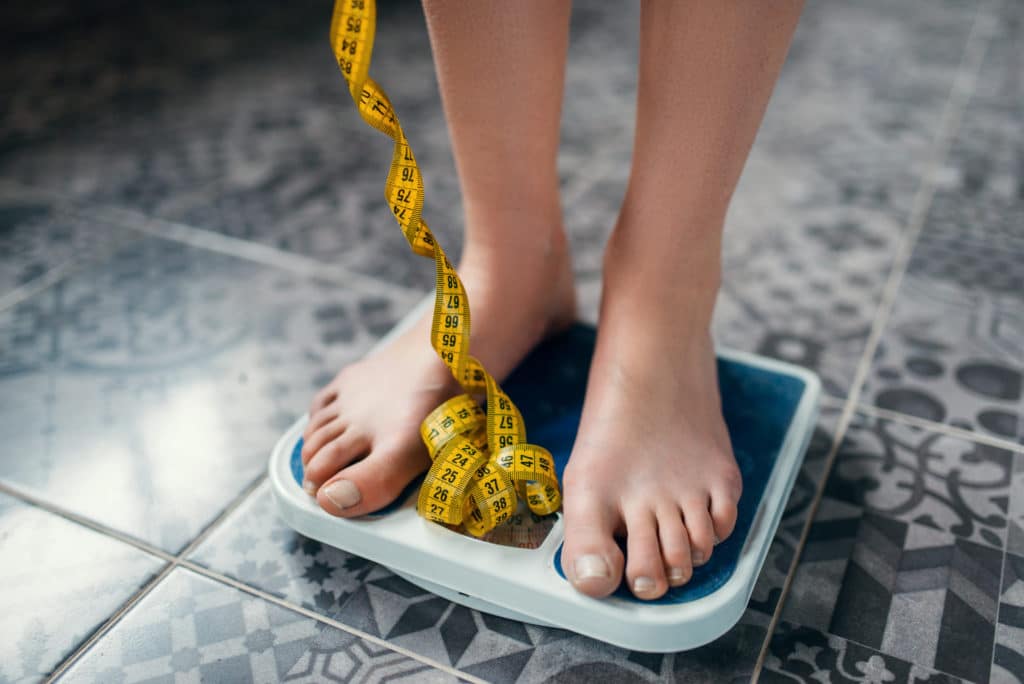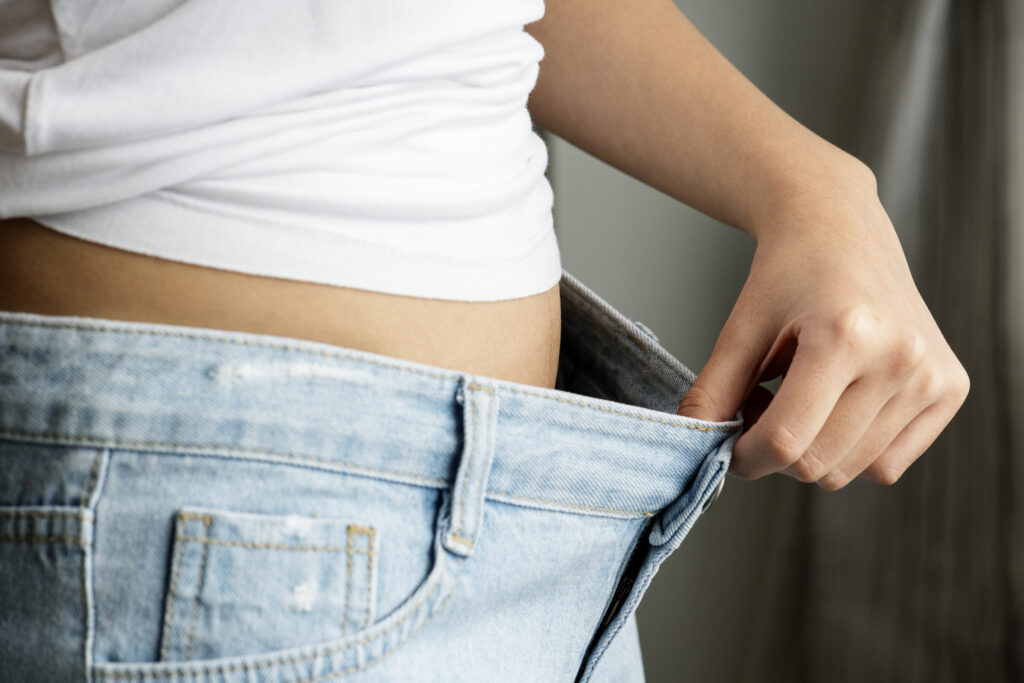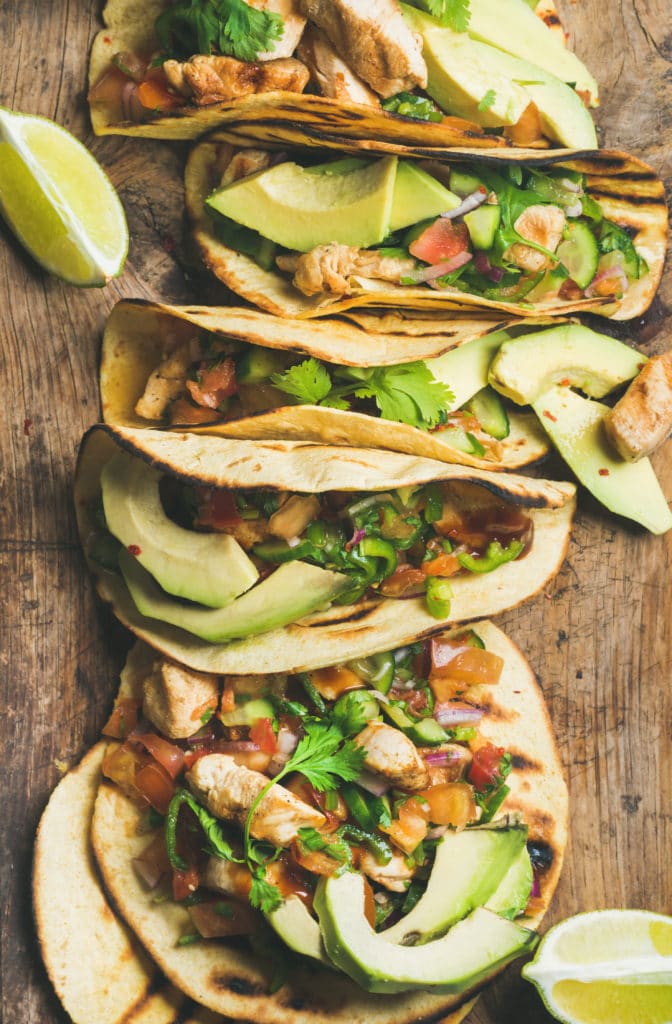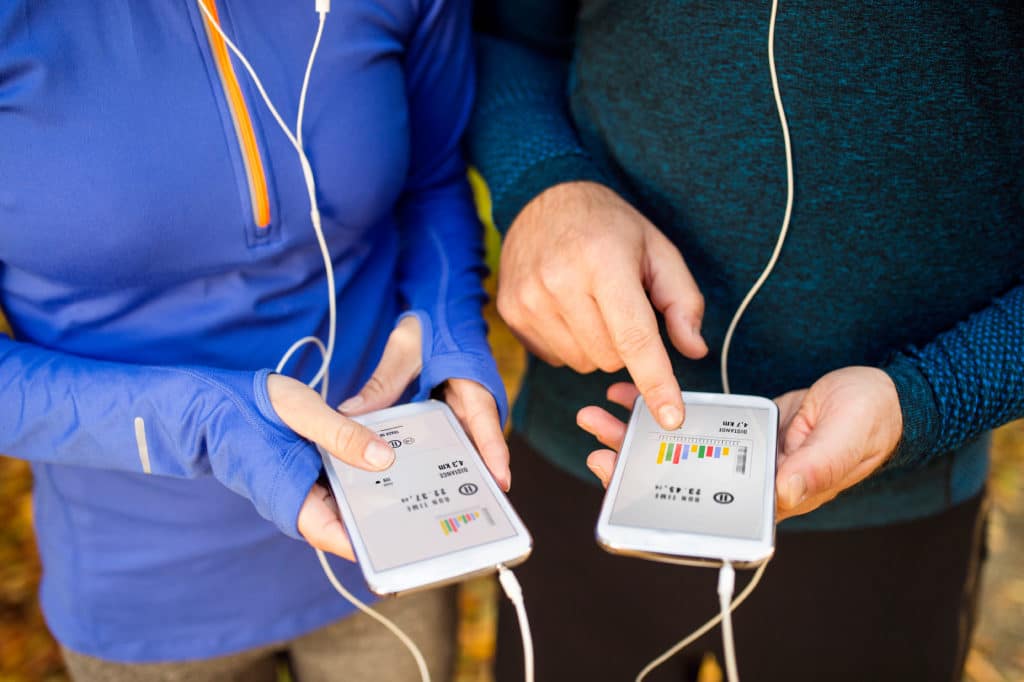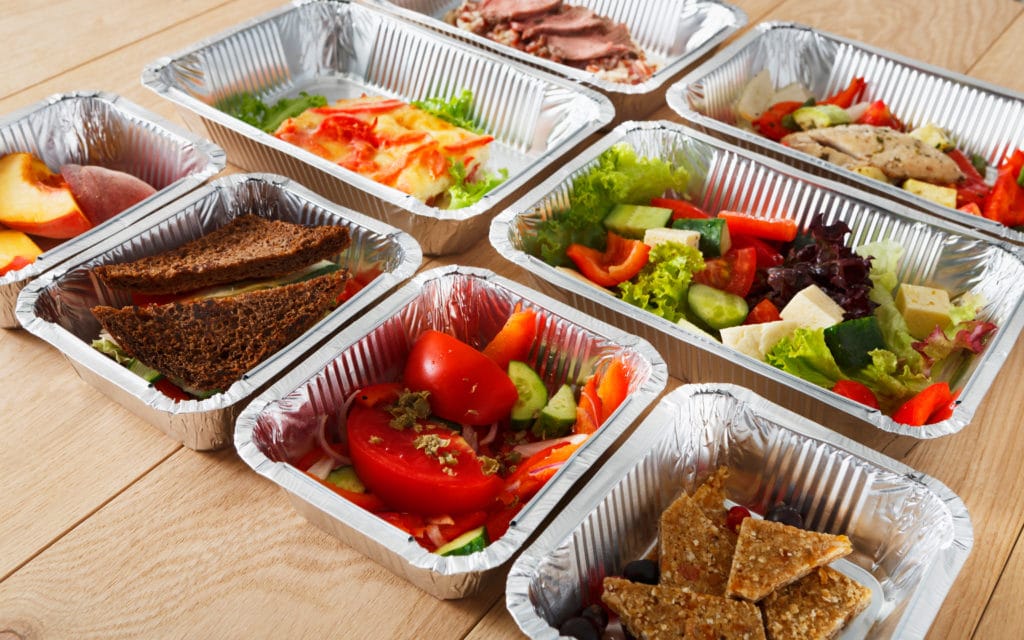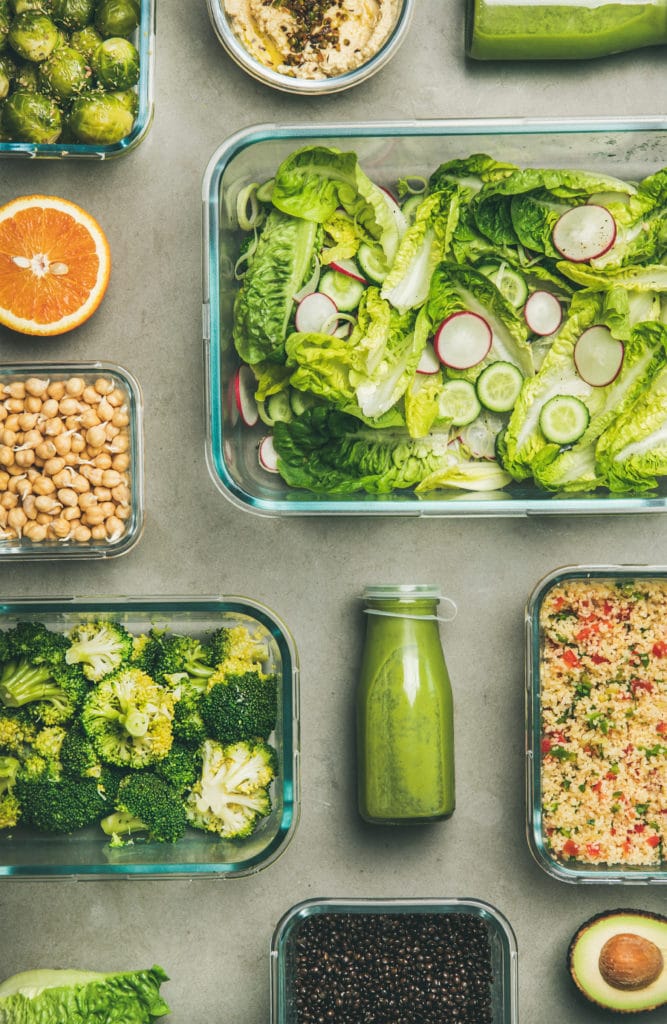You can download this entire guide as a PDF from the link below.
Or you can scan the QR Code below to read it as a flipbook……

So, with a loud cry of ‘THIS IS THE LAST TIME’ let’s use this opportunity to take care and love ourselves and get into the shape and condition which make us happiest. Dieting after all begins not with pressure from others but a real feeling that YOU have to do something. Until that little light turns on in our heads we will never be ready to tackle to issues.
You know what, it’s also a really good example to set for the kids too. We are spending more time with them than ever before and they will always learn from the best – you.
The Government faced calls to start a healthy eating campaign to educate us on how food can boost the immune system.
A group of leading food policy experts including Tim Lang, professor of food policy at City University of London, wrote a letter to the environment secretary and Public Health England’s chief executive, stating that a healthy diet could help fight off infections.
The letter also claims that this “vital” information is not being shared with the public.
“In addition to current government measures, clear and well-informed public guidance is required from the government on what is nutritionally necessary and sufficient to maintain UK food security and nutritional appropriateness.”
The World Health Organisation also urged us to maintain a healthy lifestyle, saying it could boost our chances of a fast recovery should we contract a cold, flu or COVID.
They suggested exercising regularly, quitting smoking and drinking, maintaining a healthy diet, all of which will play a ”crucial role” in determining how well we recover from infections.

With that in mind, here is the SOUTH WALES LIFE guide to a healthier lifestyle which can help us all. More than anything it’s about focus, which is nigh on impossible at any time.
So, let’s do this healthy thing together. Share it with the family. When will we ever get the chance again to be so united and close in all of this. We’ve done it with the pandemic so let’s carry on and do the healthy eating regime thing together too.
Your goal may be to lose weight, but that comes with a little focus and effort. A little more exercise, a little less food and you’ve got this. Look to reduce your calorie intake by 10-15%. Stick to a daily routine, and don’t let anyone throw you off it (this includes yourself). With a bit of grit and determination, you’ll be waking up one day and putting on that new outfit.
They say that losing weight is easy, eat fewer calories than you burn, and the weight will drop off. Take in the same amount of calories as you burn, and your weight will stay exactly as it is. Those of us who have spent a lifetime in search of the holy goal (weight), and trust us, the SOUTH WALES LIFE team are well versed on this subject. We understand what we read or hear and it really is so easy, in principle, but the most difficult to put into practice.
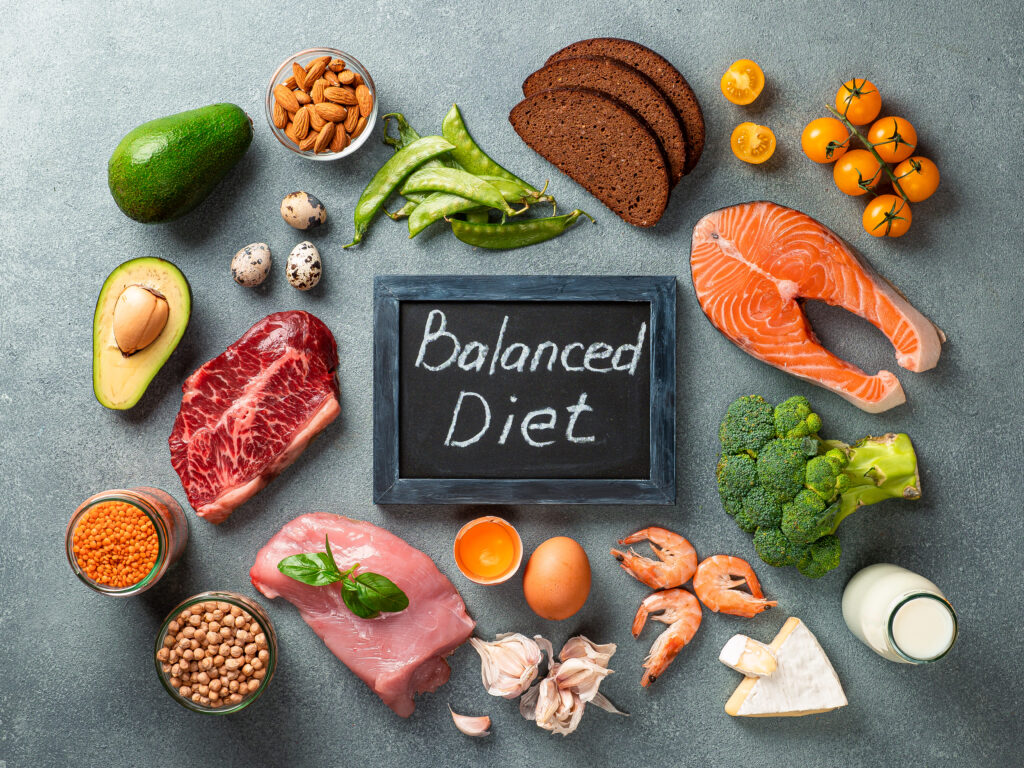
So this guide will direct you along the path of losing weight. We are not doctors so would always advise seeking medical advice before embarking on any form of weight loss or exercise programme. What we are however, are seasoned dieters, over a long period of time.
The links below will take you to specific places on this page. If you’re a frequent visitor this will help direct you to what you need. Wherever possible we have also provided you will information you can save, download or print.
- BMI
- DIET TIPS
- DIET DOWNLOADS
- FIVE TIPS TO LOSE WEIGHT IN A MONTH
- THE MYSTERY OF THE JAPANESE TOWEL
- SLIMMING GROUPS
Like most of us, we have been at our target weight and been incredibly happy. We’ve thrown the larger wardrobe out and started afresh.
Somewhere along the line though, that good feeling, turns into bad and before we know it, all the weight is back on, and then some. If you’re reading this we’d like to bet that resonates with you too. It is the most frustrating feeling ever. Knowing you’ve achieved success and can actually look at yourself in the mirror and give yourself a smile and a cheeky wink, only to be back at square one, and some.
We’ve heard and said all the standard stuff too.
- On Monday, that’s it, I’ll start then
- Let’s just get my Birthday/Easter/Christmas/New Year out of the way first
- I’m going on holiday so I’ll start when I get home
- I might as well eat and worry about it later
We know about these things because we’ve said them all, way too frequently. We thought it time we added to the mass of information out there and give you one place you can find a class, get NHS advice, check weight and BMI etc. What you do is of course down to you, and we will stress again, do it properly, safely and with medical support if needs be. I can assure you though, that the team here will be continuing through this with a new ‘No More Excuses’ attitude. This is our year of permanence.
We have added details of slimming classes in your area, which can offer that group support, if that works best for you. It’s always nice to have the information ready to begin. We do though need to start with the basics and wanted to get this to you now.
BMI
We know that what we weigh can make a huge difference to the risk of coronary heart disease. Being obese, which means your BMI is 30 or greater, adds to the risk, but weight is also linked to other conditions like high blood pressure and type 2 diabetes, which in turn can increase your chance of heart disease.
For most adults, an ideal BMI is in the 18.5 to 24.9 range. For children and young people aged 2 to 18, the BMI calculation takes into account age and gender as well as height and weight. If your BMI is………………
- Below 18.5 – you’re in the underweight range
- Between 18.5 and 24.9 – you’re in the healthy weight range
- Between 25 and 29.9 – you’re in the overweight range
- Between 30 and 39.9 – you’re in the obese range
First thing you need to do is actually check if you need to lose weight. What we think is overweight can be just the opposite. If you’re not sure, calculating your BMI can be a good start and help you work out whether you’re at the right weight for your height. Check your waist circumference too as your body shape is also important. Carrying too much weight around our middle increases risk, even if your BMI is within the healthy range. Check yourself with this BMI CALCULATOR
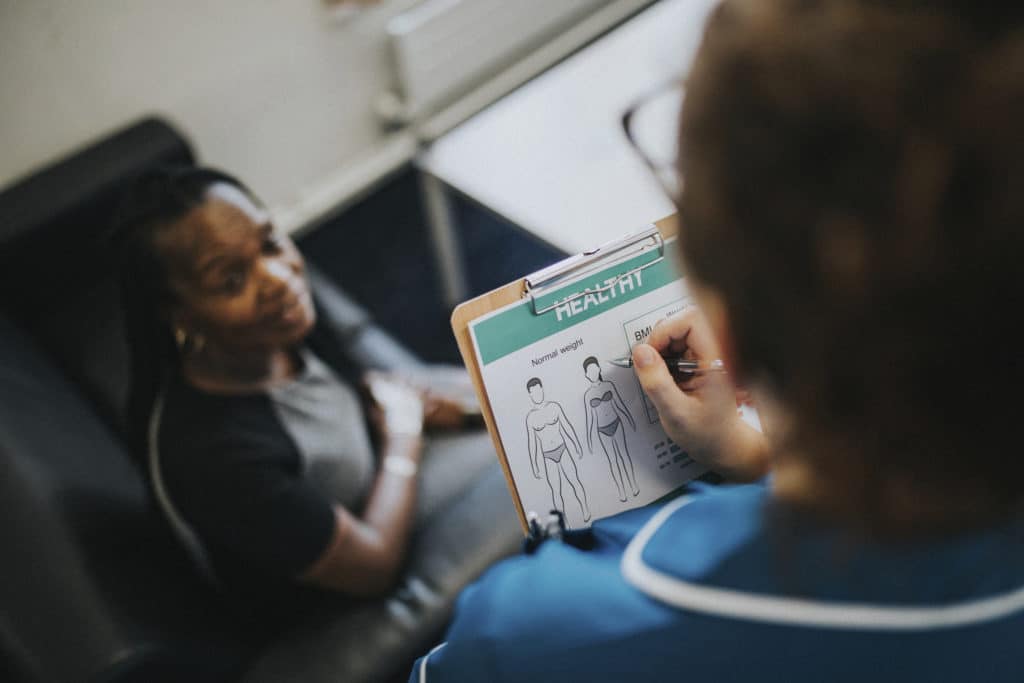
We would hate to scare any of us and let’s be honest, if scare tactics really worked then no one would smoke, so we know that’s not the way to go. The facts do speak for themselves and it would be wrong of us not to include the NHS figures.
Regardless of your height or body mass index (BMI), you should try to lose weight if your waist is……………….
- 94cm (37in) or more for men
- 80cm (31.5in) or more for women
You’re at very high risk of some serious health conditions and should see a GP if your waist is:
- 102cm (40in) or more for men
- 88cm (34.5in) or more for women
This is because your risk of getting some health problems is affected by where you store your body fat, as well as by your weight. Carrying too much fat around your middle (waist) can make it more likely for you to get conditions such as………….
- Heart disease
- Type 2 diabetes
- Cancer
- Stroke

So let’s get onto the stuff you and me need to know. How do I lose weight? Victoria Taylor is Senior Dietitian at the British Heart Foundation………
‘While any weight loss will require a change to eating habits, it shouldn’t mean missing out on nutrients or cutting out whole food groups. Aim for regular meals and a balanced diet but also take care with your portion sizes. You might be eating a healthy balance of foods, just too much of it. Changes to your food aren’t the only thing to consider either. The most effective weight loss approaches combine changes to diet with increased physical activity and also address some of your behaviours around food to help you understand your own eating pattern and responses to food at different times or in certain situations.’
‘Diets that involve removing – or severely limiting – specific foods or food groups that are nutritionally important are not going to be a long-term solution. The more extreme high-protein, low-carbohydrate diets limit fruit, vegetables and fibre, particularly in the early stages, while faddy diets based on single foods (cabbage soup, anyone?) involve eating a lot of one type of food and not much of others. Some diets also drastically limit calorie intake so you get results fast. However, a very low-calorie intake can leave you tired and hungry, so you give up, regaining the weight as quickly as it came off.’
‘National guidelines recommend that, for sustainable weight loss, a reduction in calorie intake of about 600 a day is needed. This could lead to a weekly weight loss of around 0.5kg (1lb). While it may not sound a great deal next to the promises of many quick-fix diets, it allows you to incorporate healthy eating habits into your lifestyle permanently, so you’re more likely to keep it off for good.’

DIET TIPS
The Diet Doctor has produced a dozen really good, easy to follow tips to kick start any diet regime……….
- Choose a low-carb diet
- Eat when hungry
- Eat real food
- Eat only when hungry
- Measure your progress wisely
- Be persistent
- Avoid beer
- Avoid artificial sweeteners
- Review any medications
- Stress less, sleep more
- Eat less of dairy products and nuts
- Exercise wisely
We want to share a dozen more from the NHS. We’ve included links to useful pages which will offer further advice should you need it……….
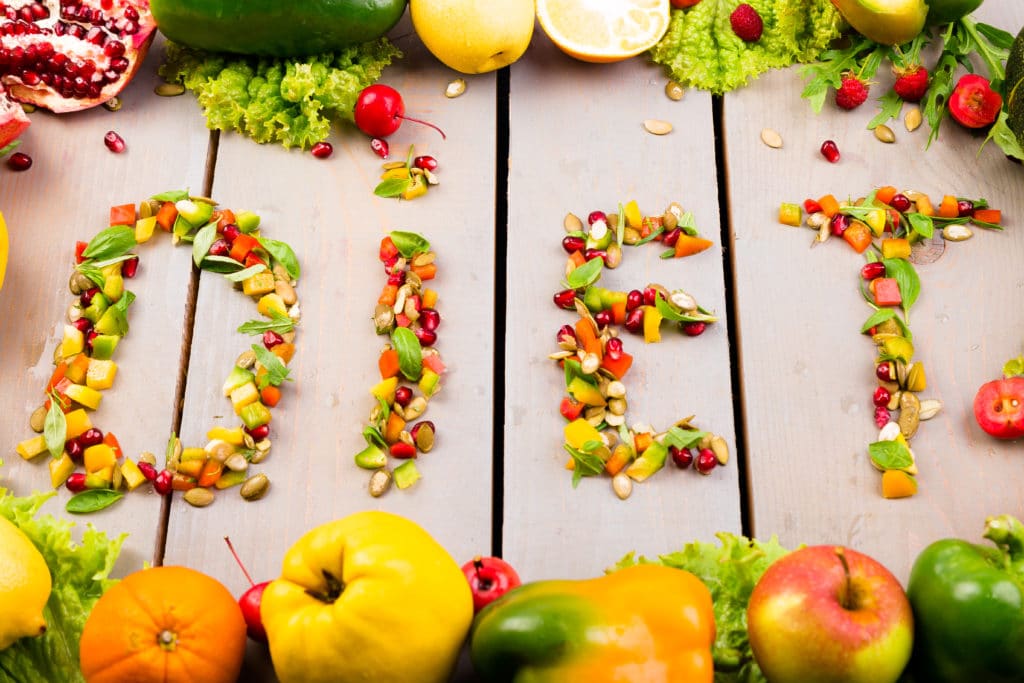
1. Do not skip breakfast
Skipping breakfast will not help you lose weight. You could miss out on essential nutrients and you may end up snacking more throughout the day because you feel hungry.
2. Eat regular meals
Eating at regular times during the day helps burn calories at a faster rate. It also reduces the temptation to snack on foods high in fat and sugar. Find out more about eating healthy
3. Eat plenty of fruit and veg
Fruit and veg are low in calories and fat, and high in fibre – 3 essential ingredients for successful weight loss. They also contain plenty of vitamins and minerals. Read up on getting your 5 A Day
4. Get more active
Being active is key to losing weight and keeping it off. As well as providing lots of health benefits, exercise can help burn off the excess calories you cannot lose through diet alone. Find an activity you enjoy and are able to fit into your routine.
5. Drink plenty of water
People sometimes confuse thirst with hunger. You can end up consuming extra calories when a glass of water is really what you need. Read more about drinking water as part of a healthy diet
6. Eat high fibre foods
Foods containing lots of fibre can help keep you feeling full, which is perfect for losing weight. Fibre is only found in food from plants, such as fruit and veg, oats, wholegrain bread, brown rice and pasta, and beans, peas and lentils.
7. Read food labels
Knowing how to read food labels can help you choose healthier options. Use the calorie information to work out how a particular food fits into your daily calorie allowance on the weight loss plan. Find out more about reading food labels
8. Use a smaller plate
Using smaller plates can help you eat smaller portions. By using smaller plates and bowls, you may be able to gradually get used to eating smaller portions without going hungry. It takes about 20 minutes for the stomach to tell the brain it’s full, so eat slowly and stop eating before you feel full.
9. Do not ban foods
Do not ban any foods from your weight loss plan, especially the ones you like. Banning foods will only make you crave them more. There’s no reason you cannot enjoy the occasional treat as long as you stay within your daily calorie allowance.
10. Do not stock junk food
To avoid temptation, do not stock junk food – such as chocolate, biscuits, crisps and sweet fizzy drinks – at home. Instead, opt for healthy snacks, such as fruit, unsalted rice cakes, oat cakes, unsalted or unsweetened popcorn, and fruit juice.
11. Cut down on alcohol
A standard glass of wine can contain as many calories as a piece of chocolate. Over time, drinking too much can easily contribute to weight gain. Find out more about the calories in alcohol
12. Plan your meals
Try to plan your breakfast, lunch, dinner and snacks for the week, making sure you stick to your calorie allowance. You may find it helpful to make a weekly shopping list.
DIET DOWNLOADS
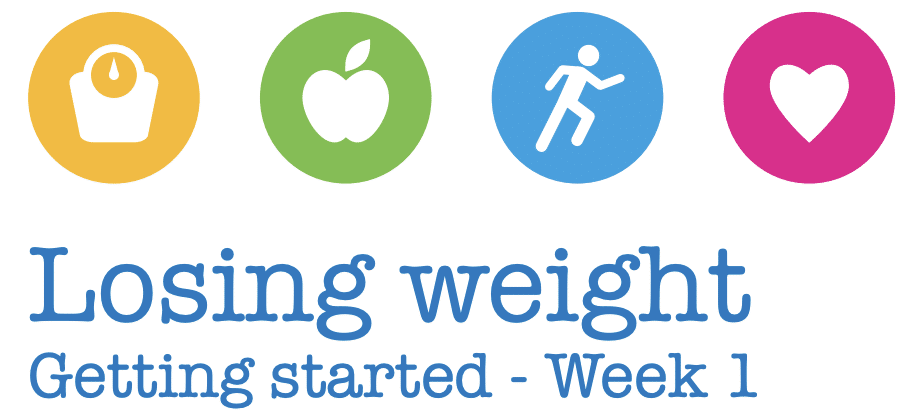
Over the years, we have done every possible diet going. We’ve attended classes, eaten cabbage, drunk water (a lot), cut out carbs, added carbs, eaten meat and dairy and the list goes on. We’ve now come to the conclusion that the only proper way to lose weight is slow and steady. With that in mind, here is a 12-week weight loss plan from NHS UK.
Simply click on the link below and EVERYTHING you need will be there. Lists, advice, charts, weekly diet plans and so much more. Either save it to your device or (as we have done) print it out and keep it near your fridge.
Here are a few sample sheets you can save or print to help over the coming weeks……
When we talk about losing weight we think it’s all about restraint and denial, and of course it is to a degree. What you should never do however, is cut out all the things you love completely. Give yourself a little treat – occasionally. If you’re going to a party, or somewhere special, allow yourself a little indulgence, just make sure they don’t turn into a daily habit or you’ll be back to square one before you know it. If you do slip up, just put it behind you and start again. We have all said those words…..
‘I’ve blown it now so I’ll wait till Monday and start again.’ Monday never comes.
Give yourself a little treat that isn’t linked to food. Get a manicure or massage. Go see a movie. Treat yourself to something new for the wardrobe. Not all pleasures have to be linked to food, in fact the best ones aren’t. Celebrate your achievements as you go and not wait till you reach goal. Every pound lost actually relates to two, if you think about it. You would definitely have added a few.
It’s always nice to have something to refer to to help us along this tricky journey. This FREE Easy Meals App is a great way to eat foods that are healthier for you. You’ll find delicious, easy meal ideas to get you going if you’re ever short of inspiration. Sometimes it’s hard to know what to prepare, or think of new meal ideas. Remembering ingredients and keeping track of calories can be a hassle. This app helps you to do all of this and more!
So let’s help each other with 5 more ways to stick to a healthy diet and finally shift the weight. Don’t be like us and remember times like the millennium New Year for example. I distinctly remember the words ‘this is definitely it’ coming from my lips, soon to be replaced by a bar of Fruit & Nut. Twenty years later, me, you and billions more are still looking for a way to shift those pounds. Here at SOUTH WALES LIFE we think we’ve found the answer.
LET’S JUST DO IT AND MAKE IT COUNT THIS TIME
Start your day with vegetables: Eating them for breakfast might seem strange, but it’s actually the best way to start your day. Stir fried kale with bacon and egg. Yummy
2. Eat colours: Don’t limit yourself to any particular colour. Remember that different colours are the result of different vitamins and minerals. Also, if you don’t like one particular colour vegetable, mix or stir it in with another and you’ll not know it was there.
3. Don’t Just Eat Salad: I’m afraid I’m guilty of this one and as lovely as it is for a while, the boredom soon kicks in. Some veg actually works best when it’s cooked, the vitamins are activated if you like. And it’s winter, a nice warm veggie stew has got to be up there, hasn’t it?
According to Chinese medicine, eating too much raw or cold food can dampen the Spleen, leading to symptoms like sluggish digestion, loose stools, and general digestive imbalance.
4. Don’t forget a Pickle: Pickles are great for adding texture and sharpness to a meal and a good way to get all the benefits of vegetables into your system.
5. Plan your meals around veggies: Don’t need to say more than that. Remember the meat and two veg phrase? Then stick to it, cause actually, they are a fantastic part of the meal and a great way to fill you up with fewer calories.
Variety is key to a healthy diet, avoiding cutting out any food groups while on lockdown unless you have an allergy. Nutrients you should definitely include are vitamin A (sweet potato and spinach), vitamin C (berries, tomatoes & peppers) and zinc (meat, shellfish, dairy and bread).
Always have a supply of healthy snacks around. Hopefully they’ll keep you away from the biscuit tin at the slightest hunger pang. Go for something a little different with texture and taste. Cheese and apple, yoghurt and berries, nuts and dried fruit or even hummus and carrots.
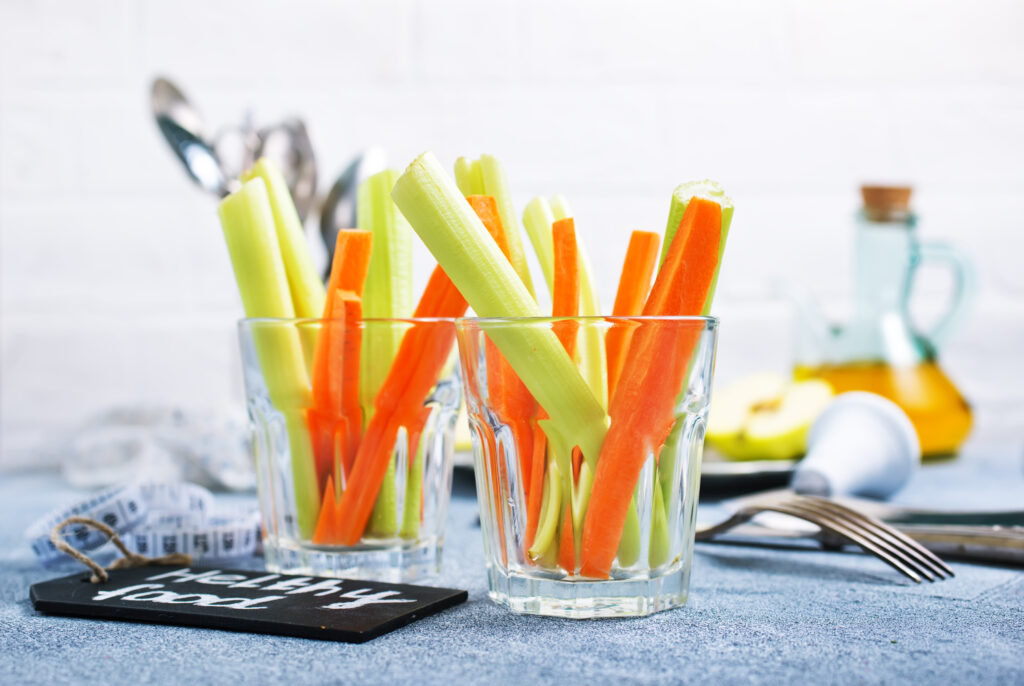
This is absolutely the time to make use of your freezer. Not only can you prepare ahead but it’ll help you to reduce food waste. Big one-pot dishes – chilli, stews or curries will freeze really well. They are quick and easy and a brilliant way to get more veg into all of us. Fruits such as berries and bananas can also be easily frozen and used in smoothies for the mornings. But forget about your spuds too, you can turn them into chips and freeze them.
Canned oily fish in particular is a really handy item to have in your cupboard while on lockdown. It’s cheap and has a long shelf life, but is rich in omega-3, which studies say can improve mental wellbeing.
Drinking an adequate amount of water is essential in order for you to feel and function at your best. It’s the one thing we hear time and time again and the reason is, it’s true. But it doesn’t have to be just water, you can get your hydration with squash, tea, coffee and milk. It all counts towards that 8 glasses of fluid we all need.
When we’re spending our days at home, it’s really easy to our routine and schedule fall by the wayside. But actually, this is key to sticking to a healthy lifestyle. Over the last few months I have eaten my main evening meal well before 7pm and actually try to get it in just after 5pm. I can tell you it has made a massive difference.
Most of all however – GIVE YOURSELF A LITTLE TREAT – A little of what you fancy does you good.
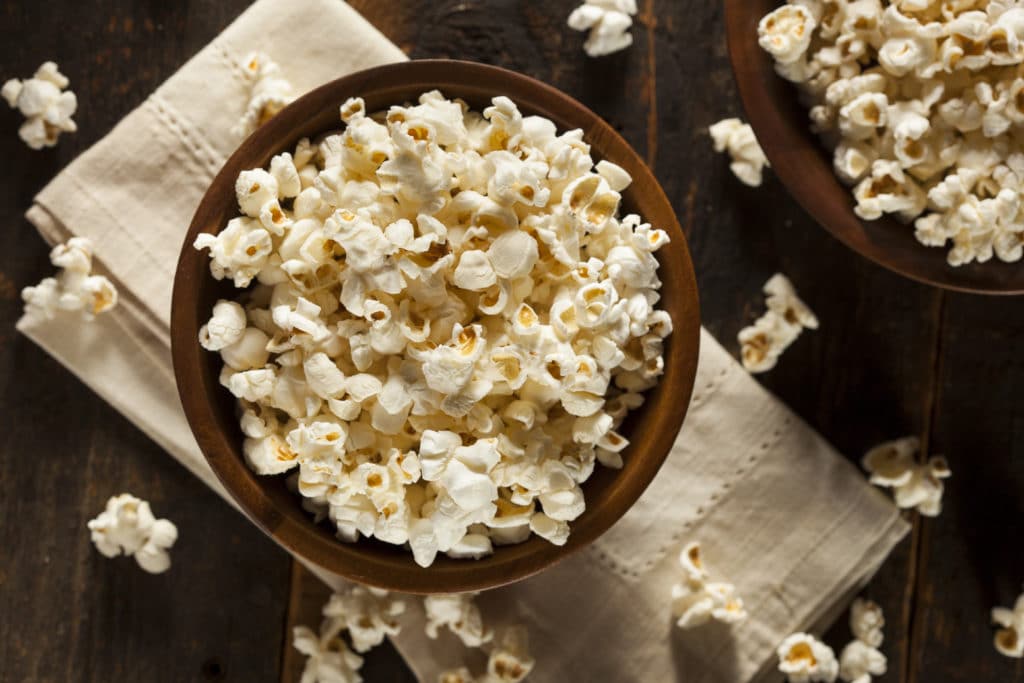
FIVE TIPS TO LOSE WEIGHT IN A MONTH
Whether you have a little weight to lose or a lot, you shouldn’t really reduce your calorie intake to less than 1200 calories a day. This will help you shift a couple of pounds a week, the first week you could lose more. So with a bit of luck you could be up to half a stone lighter within a month.
Most importantly, you won’t feel hungry if you stick to these tips.
The food you eat is the deciding factor in how hungry you’ll feel. To help keep hunger at bay, stick to these 5 simple tips.
- Try to make two thirds of your diet plant-based. Pasta, rice, beans, bread and fruits and vegetables give you a feeling of ‘full’ without unwanted calories. Instead of having them as an accompaniment, try to make them a main part of your meal.
- One word for this one – WATER. I know, you don’t like water, but trust us, water likes you. First of all, it’s calorie free (on its own). You can have water in so many things too. Always drink a glass of the stuff before you sit down to eat. It gives your stomach a head start on the full feeling.
- Most experts will say go high-fibre, and there’s good reason for that. Fibre doesn’t actually have any calories. Our favourite phrase comes into play here, feeling full without the fat. On top of that, fibre is also devil to chew, but thats a good thing, it also makes us feel fuller for longer.
- Protein is good and keep it low fat. Give fish a go of you don’t already have it, lean meat and chicken are great too. Again this has the benefit of making you feel fuller for longer.
- This next one seems so obvious, but in point of fact the simplest. Ditch the fat. It may seem to be the tastiest but it has more calories than the lean protein and it can make you feel sluggish.
THE MYSTERY OF THE JAPANESE TOWEL
We heard about this recently and put it here for information only. After reading it carefully and doing some research, we figured it is free and takes only 5 minutes to do, so, what the hell, let’s give it a go.
The so-called FUKUTSUJI exercise, where you just lie on a rolled-up towel for 5 minutes a day and lose weight! So who is the ‘famous doctor’, and does the towel work?
Toshiki Fukutsuji is a ‘famous doctor and medical pioneer’ and the author of a book that has sold 6 million copies in Asia. He now specialises in acupuncture, and his little book on the towel exercise is available on Amazon in Japanese, together with his books in Japanese on acupressure.
It’s something you either want to try or now, the guys at healthgoesup.com did some investigating too and this is what it’s all about.
How do you do the Doctor’s towel exercise?
Roll up a big towel (the roll should be about 10 cm in diameter, or use a rolled-up yoga mat) and lie on the floor, putting the towel under the curve of your back, right under the belly button; place your feet a shoulder width apart and touch your big toes. Stretch your arms behind your back, turn the palms down and touch your pinkies, and wait for 5 minutes; do this 3 times a day. Most articles claim that it’s painful, but it actually isn’t – unless you have lower back issues, in which case you should definitely consult a doctor: Back exercises should not cause pain!
Is there any science behind the magic towel exercise?
Well, sort of. Dr Fukutsuji seems to claim that people with pelvic misalignment tend to accumulate more fat around the waist and that by aligning the hip bones you can shed that fat. But it’s more complicated than that.
All our organs and limbs, including the intestine and stomach, connect to the brain via the vertebral column. It is true that misalignment of the bones, reflected in bad posture, can mean that nerve pathways are constricted. The part of the spine between the ribs and the small of your back is where the intestine nerves are connected: thus, if you slouch or push your pelvis too far back, it may result in digestion issues, such as constipation, bloating, gas, and acid reflux.
In fact, one study recently linked bad posture to gas transit. The IBS (Irritable Bowel Syndrome) also seems to get worse in people with bad posture. However, while constipation and bloating make your belly appear bigger, it is not fat, just the waste that is not being eliminated. Correcting the posture, you release the nerves and realign your organs; once extra gas and faecal masses are flushed out, you will indeed appear slimmer and lose a few pounds. You do not lose actual weight this way – it is impossible to burn fat by simply lying down – but you appear thinner due to decreased bloating.
SLIMMING GROUPS
Here are some useful links to a variety of Slimming Groups or clubs, if that’s how you want to achieve your weight loss. Some are South Wales only, others national and international. The final one is something new we heard about recently and it’s FREE.
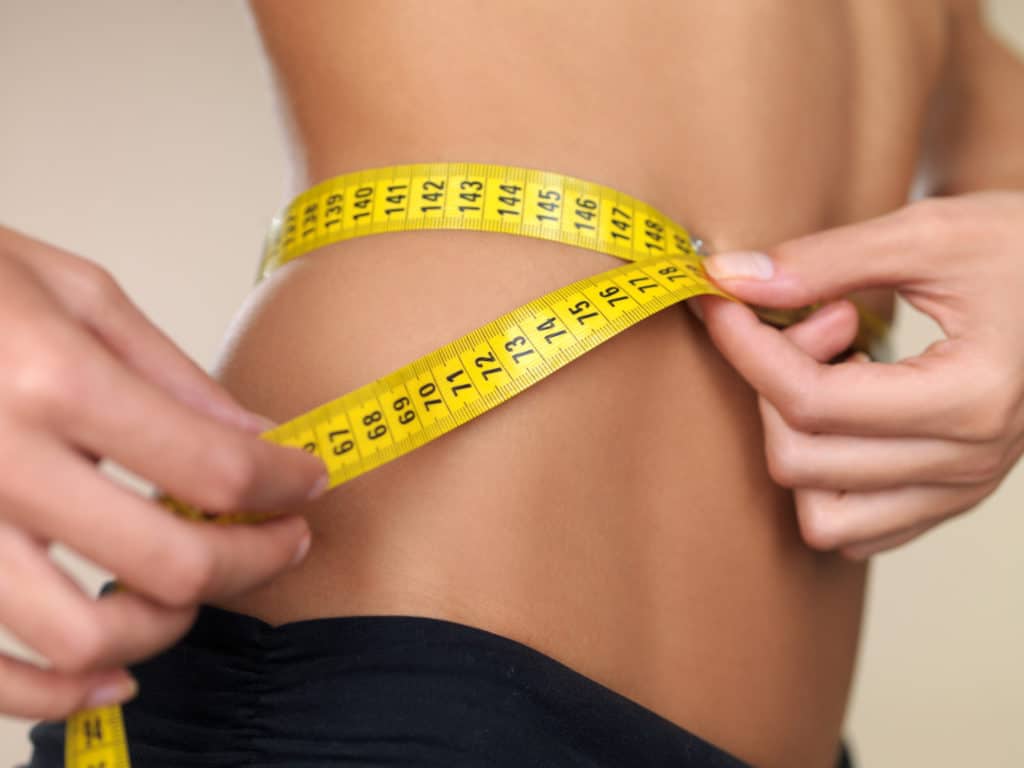
Here are links to various sites and organisations who can help with your weight loss journey. South Wales Life is not affiliated to any of them in any way. They are here as a point of information only.

SLIMTONE classes have been running in central South Wales for over 30 years!
Here’s what you get when you join a class:-
- A warm welcome from the class leader and Slimtone members
- A personal review and introduction to the Slimtone Lifestyle Plan, including your personal copy of the Lifestyle Pack
- Personal support, encouragement and motivation from Marie and her team
- Tips, ideas and support from other Slimtone members
- Special offers from local businesses

With the SLIMMING WORLD Food Optimising plan you can enjoy delicious, satisfying, healthy meals made with everyday ingredients. Food Optimising has helped millions of people lose weight without ever feeling deprived!

The WEIGHT WATCHERS system works like this…..
- Everyone’s weight-loss needs are different. Their new programme is customised to make losing weight easier for you.
- When you join, you’ll unlock a personal assessment that gets to know your eating habits, food preferences, lifestyle, and activity level.
- Based on your answers, you’ll get matched with a colour (Blue, Green, and Purple) that guides you toward food choices geared for your goals.
- Access all the tools you need to succeed—your WW app will be personalised with your food and activity tracker, Connect groups, FitPoints®, WellnessWins, and more.

At LIGHTERLIFE they believe that your transformation goes far beyond your appearance, or the number on the scales; it is much more about developing the skills you need to change your mindset and focus on the life you gain – it is about making lasting change.

ROSEMARY CONLEY has a variety of eating plans that combines ‘light’ eating days with ‘normal’ eating days when you can eat and drink what you like. Boost your body, lose weight and cleanse your system with great recipes and exercises to help you look and feel amazing in just four weeks.
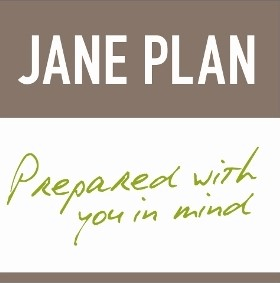
JANE PLAN is a diet you do at home and is based on ordering pre-prepared meals. Yes, she is a real person. Jane Michell is a wife & mother with three children. Her mission is to spread the love for healthy food and flavours. She is passionate about eating lighter and leaner and the effect it has on our waist line and our wellbeing.
WEIGHT LOSS WEDNESDAYS are a little bit different. They are very much about attendees supporting each other and, most importantly, they are FREE.
- WHO
Attendees are of all ages and all genders who understand the importance of support from their peer group when it comes to losing weight. - WHY
Sharing your tips, frustrations, highs and lows of your weight loss journey is beneficial to both you and others. - WHERE
Depends on where you are but usually they meet at the right hand side of the main bar at the venue. - WHEN
They meet every Wednesday of course. Aim to get there between 7pm and 7.30pm. The meeting finishes whenever…. - WHAT
Discuss your weight loss journey for the week just gone with your fellow dieters. Don’t be frightened to reveal your total weight loss or even gain for the week. Share what worked and didn’t work. - COST
It’s 100% free and always will be.
Weight Loss Wednesdays is brought to you by Ajay Ahuja, author of the Eat Anything Diet book.
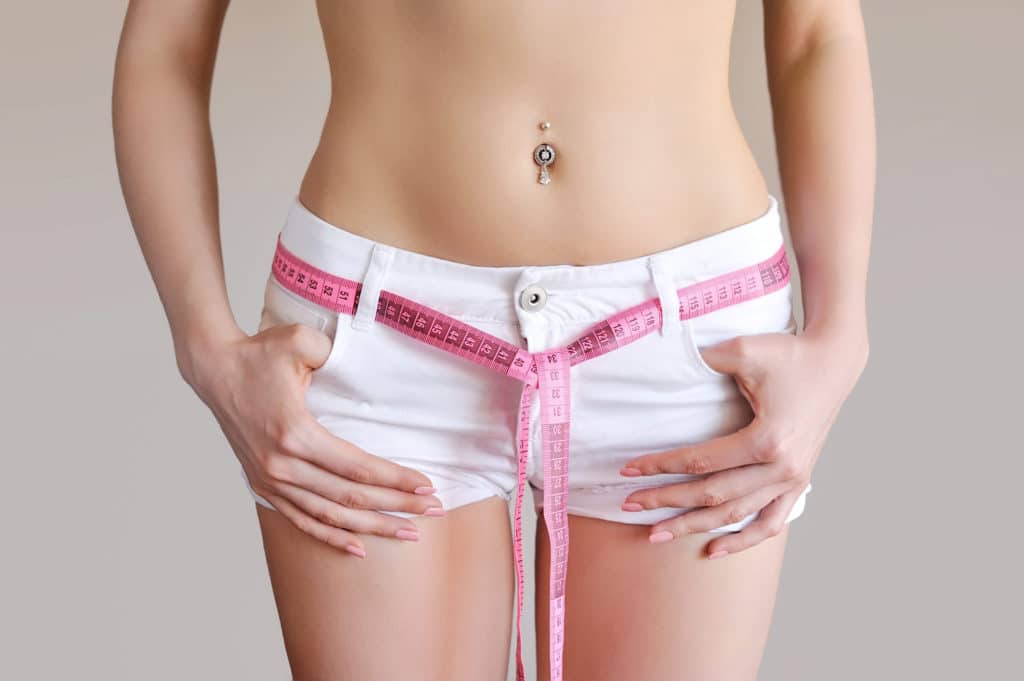
If you’re living with obesity, your GP can offer you for advice about improving your lifestyle and losing and managing your weight safely.
Your GP can advise you about losing weight safely by eating a healthy, balanced diet and regular physical activity.
They can also let you know about other useful services, such as:
- local weight loss groups – these could be provided by your local authority, the NHS, or commercial services you may have to pay for
- exercise on prescription – where you’re referred to a local active health team for a number of sessions under the supervision of a qualified trainer
More details can be had HERE.
Over the next few weeks we’ll be adding to this page. Places you can go for support and more useful tips and advice. Bookmark this page, tell your friends and lets all get through this together.
This is definitely our year
All health content on southwaleslife.com is provided for general information only, and should not be treated as a substitute for the medical advice of your own doctor or any other health care professional. If you have any concerns about your general health, you should contact your local health care provider.

